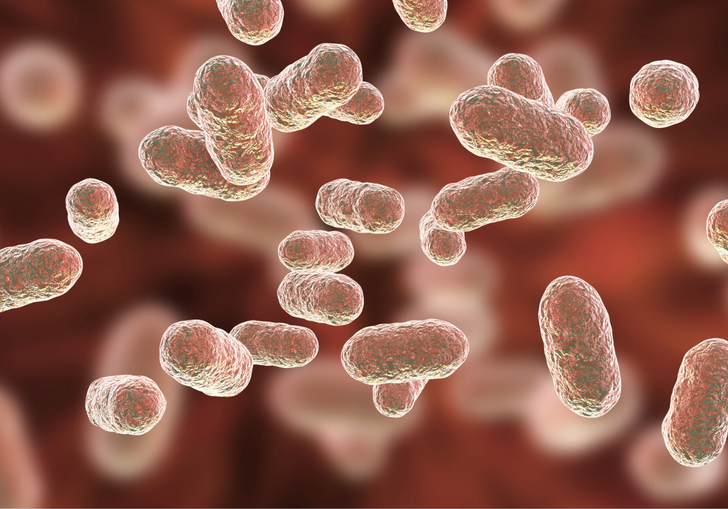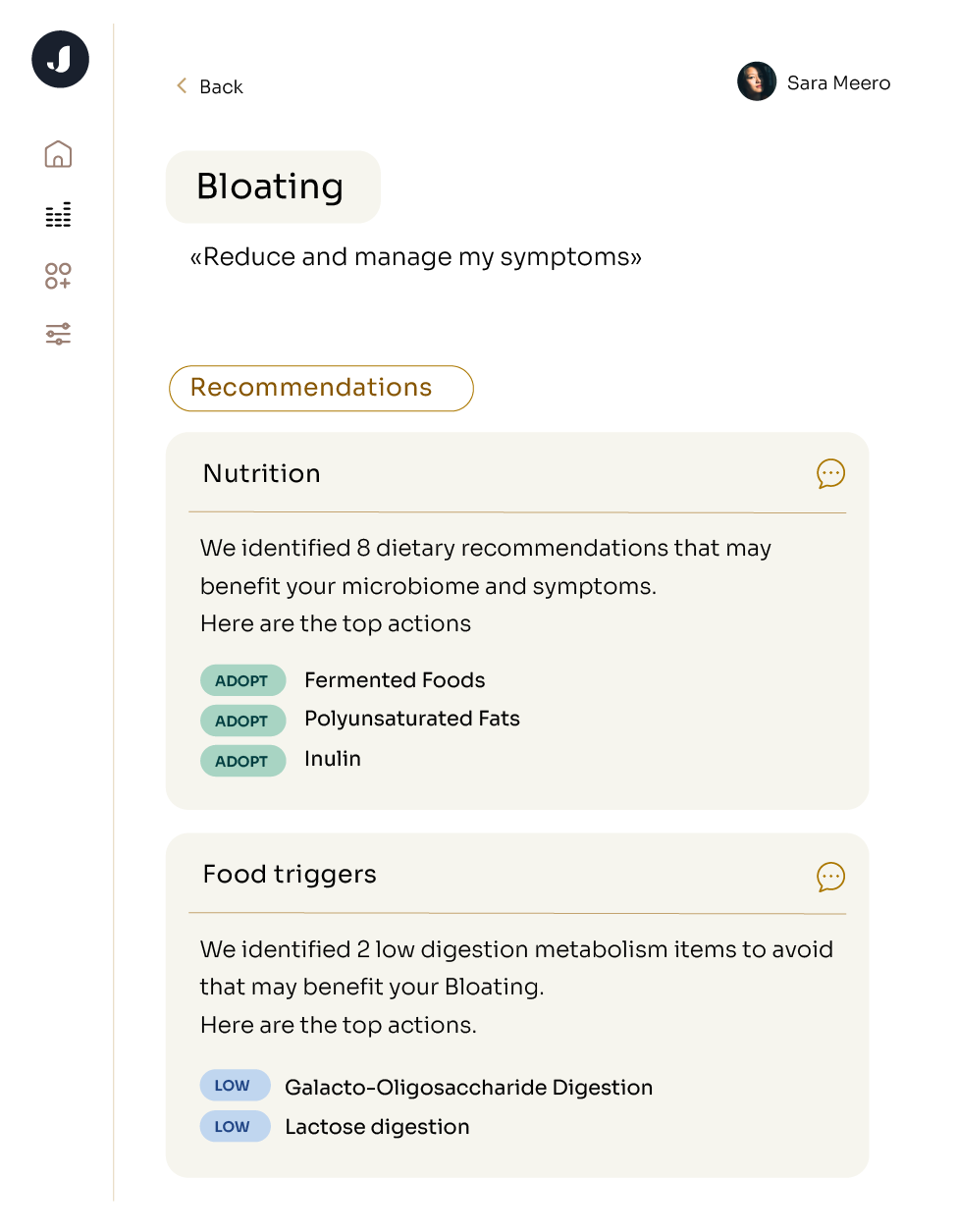To understand leaky gut syndrome, we need to begin by understanding what permeability means in your gut. Your skin is an impermeable barrier. Unlike your skin which is designed to protect the circulation beneath it, the intestinal lining has to be more than a barrier. It has to selectively allow passage of water, sugars, amino acids and fats, but keep out all the other gut contents, which include partially-digested food mixed with trillions of microbes. This is a monumental task as the surface area of your gut lining is enormous - almost 400 square meters, bigger than a movie theater screen!
The way the gut lining maintains this selective barrier is due to the tight junctions it creates between the cells that line the gut. As long as these tight junctions are sealed, nothing can enter the circulation without going through the cells themselves. This is extremely important as leakage of food contents into the circulation can cause infections that can lead to sepsis. In addition, leakage of intestinal contents can cause immune illnesses like arthritis.
The cells aren’t actually exposed to the gut contents, because some of the cells of the gut lining produce mucus, a slippery substance that helps protect the lining by blocking the gut organisms from binding to the cell surfaces. When the mucous lining is degraded, the bacteria can come in contact with the cells themselves which can cause inflammation.
Yes, leaky gut is real, but it is a topic of ongoing research and debate within the medical community. We know that everyone has differing degrees of intestinal permeability, but there is no clear line for what constitutes an officially ‘leaky’ gut. So, leaky gut syndrome is a real phenomenon but not a clear-cut diagnosis.
Increased intestinal permeability doesn't have a singular cause. Hypotheses abound, including contribution from genetics, a low-fiber diet, and heavy alcohol use. Some research also indicates that using non-steroidal anti-inflammatory drugs (NSAIDs) like Advil can irritate the gut lining and contribute to leaky gut syndrome.
Some conditions also elevate your risk for leaky gut syndrome. Here are a few:
Crohn’s disease is one example of a condition that presents with increased intestinal permeability. (One study found that administration of the Saccharomyces boulardii fungus may improve the gut wall integrity in individuals with Crohn’s disease who are in remission.)
Celiac disease also merits a mention as a cause of increased intestinal permeability. In celiac disease, wheat proteins trigger damage to the tiny finger-like projections called villi in the gut that help capture nutrients from food. Over time, this degrades the body’s absorption of nutrients and can lead to increased permeability.
MASLD similarly occurs with higher intestinal permeability. This is the most common liver disease worldwide and affects a staggering 5% of American adults. Risk factors for MASLD include being overweight or obese, diabetic, or having high triglycerides, according to the American Liver Foundation.
Some factors regarding intestinal permeability may be out of your control. However, you can reduce your risk by maintaining a healthy mucus barrier in your gut. A high-fiber diet supports your mucus layer by providing your gut bacteria with plenty of food, which keeps them from getting too hungry and resorting to eating the mucus lining instead. Avoiding alcohol and NSAIDs can also reduce inflammation and weakening of the gut walls.







